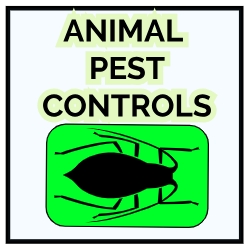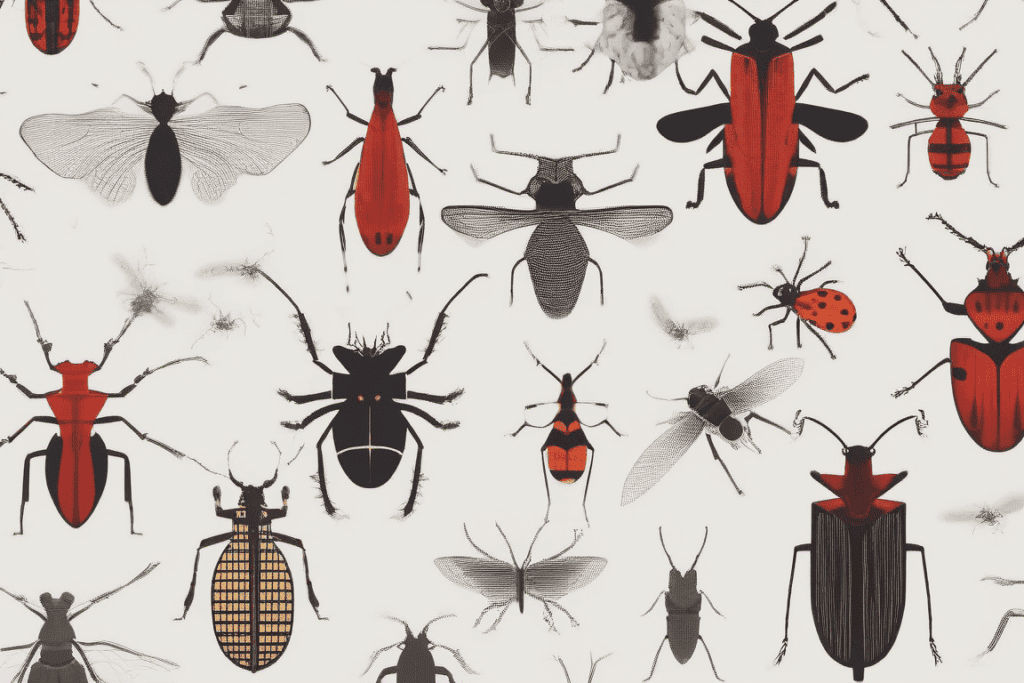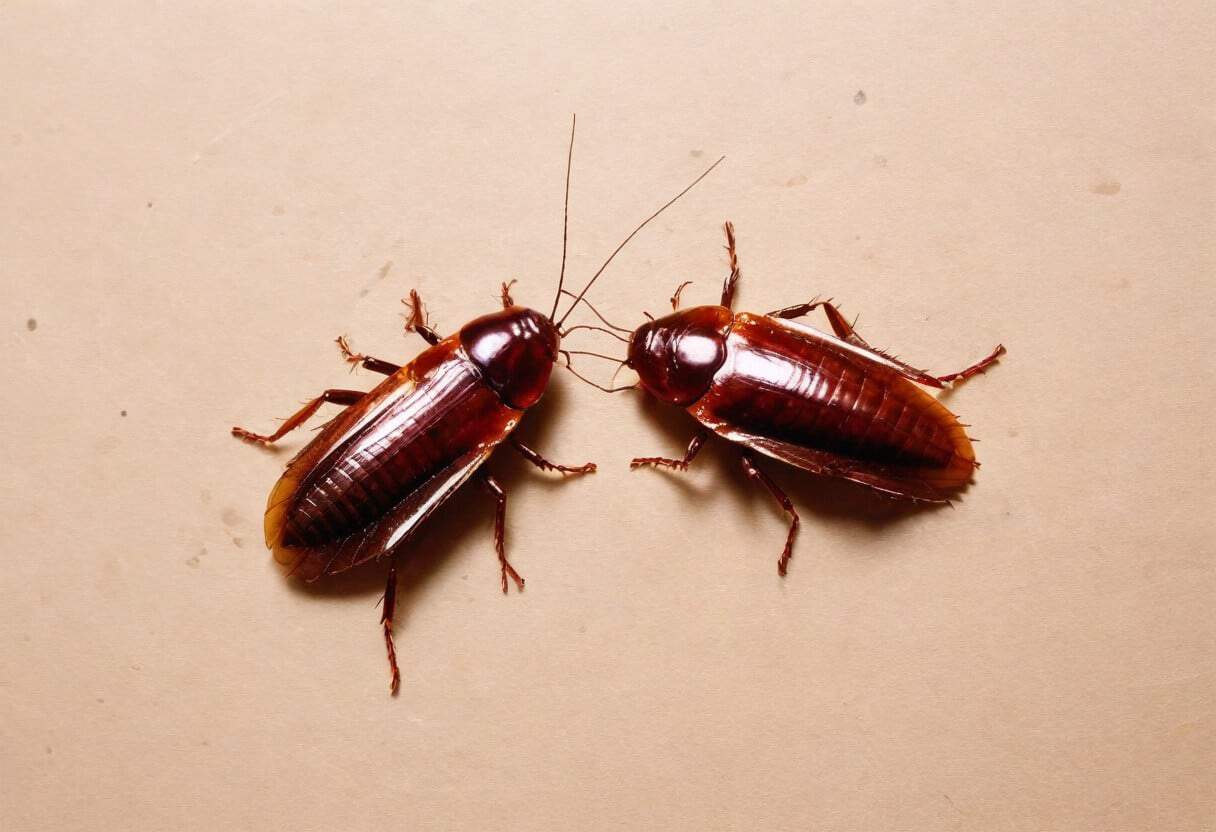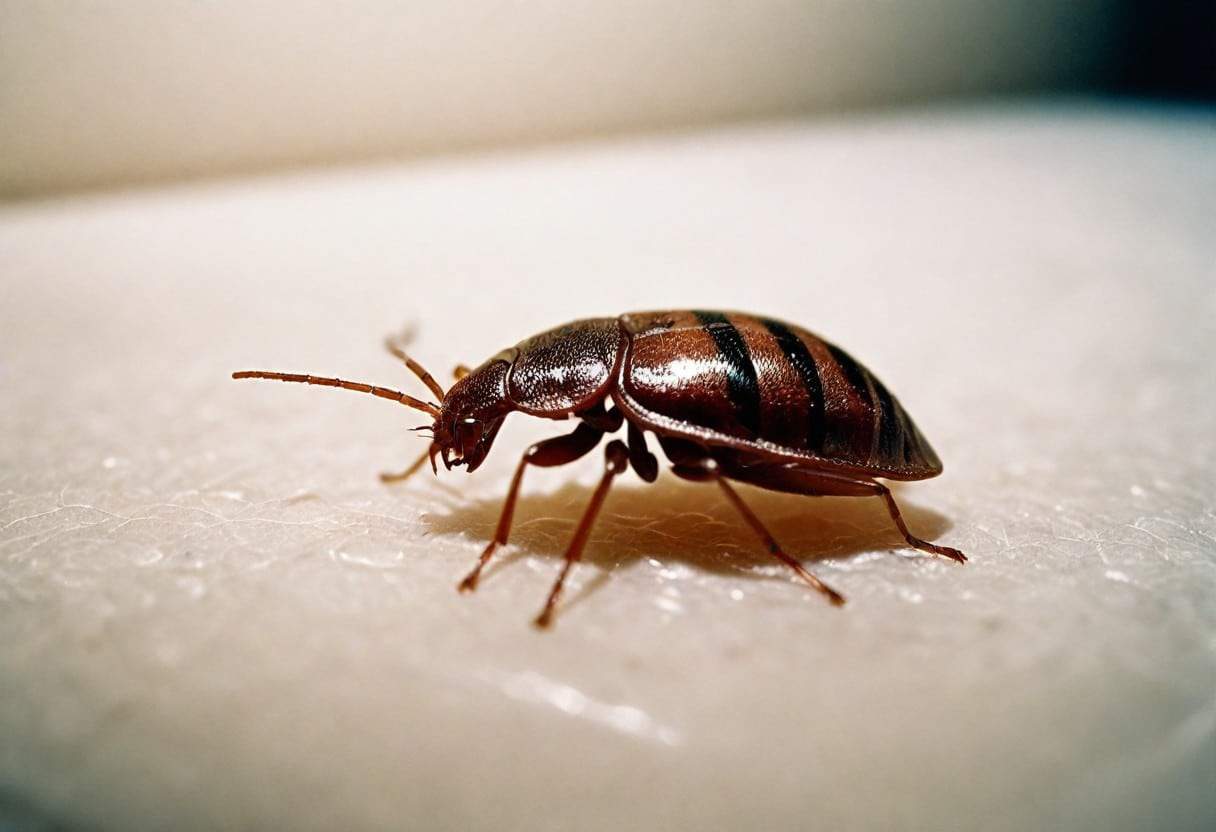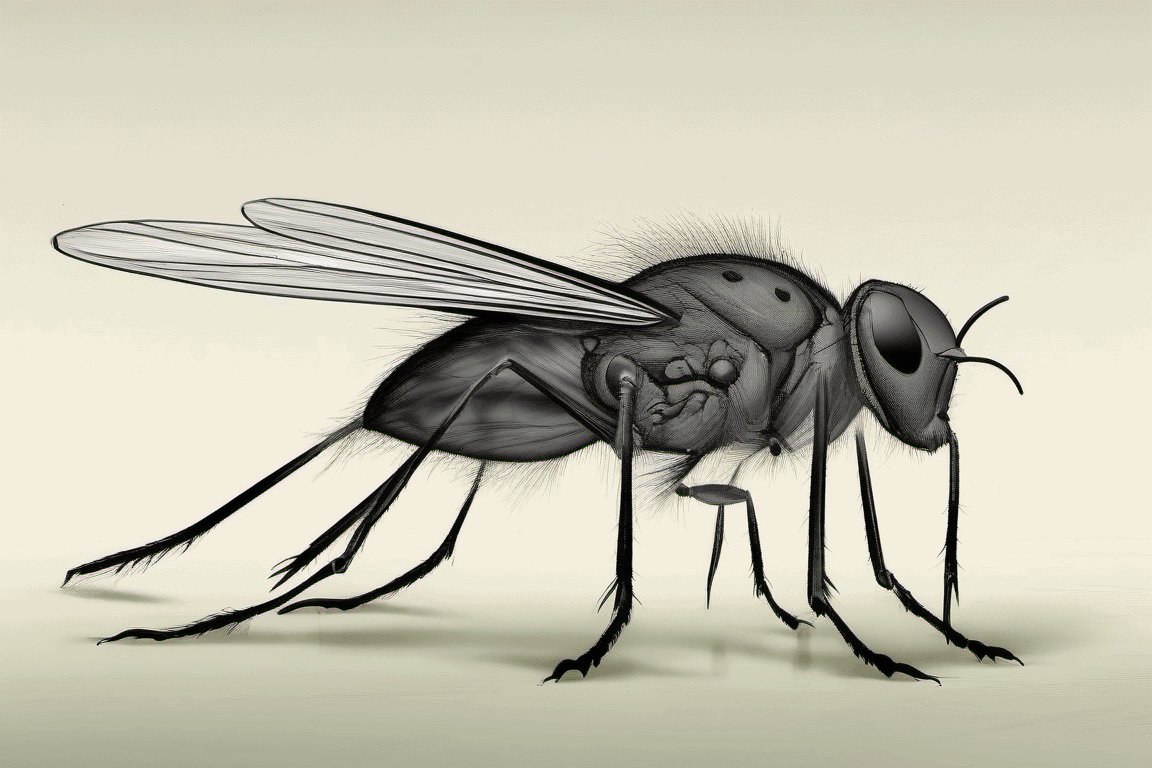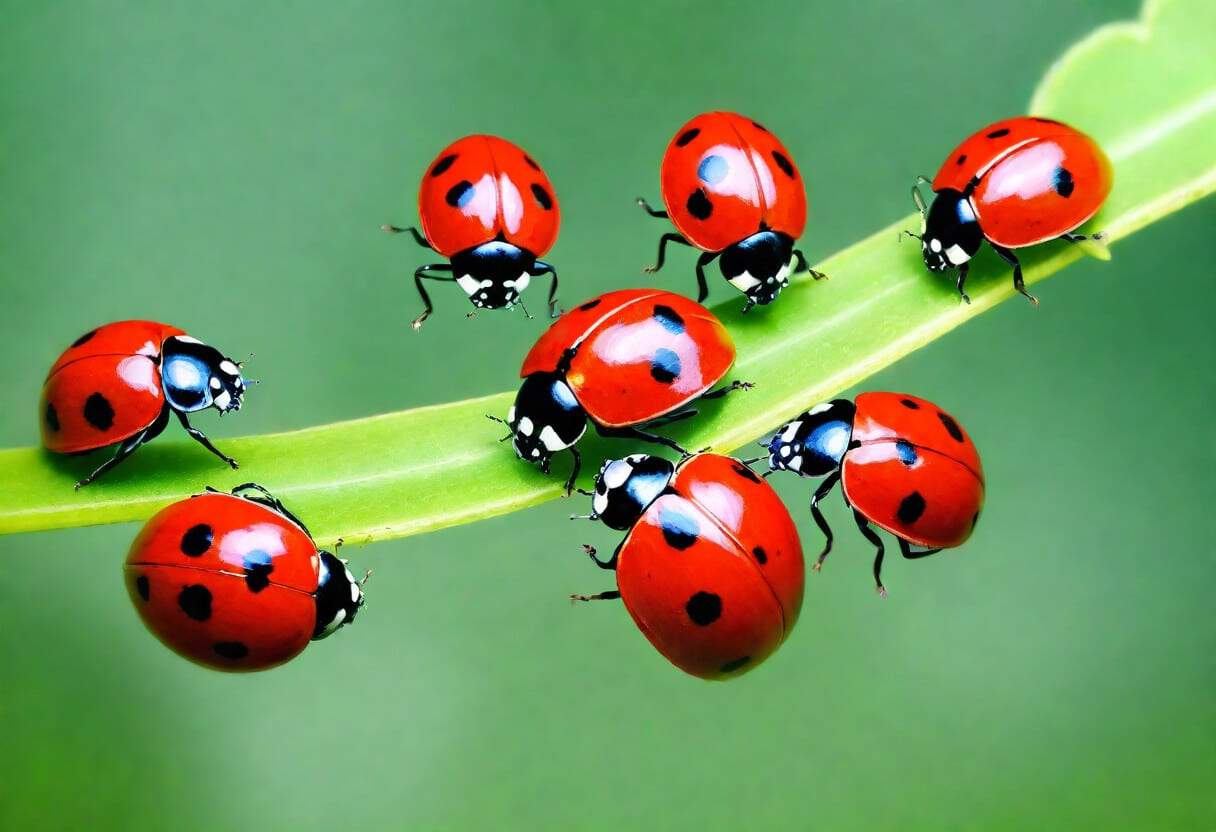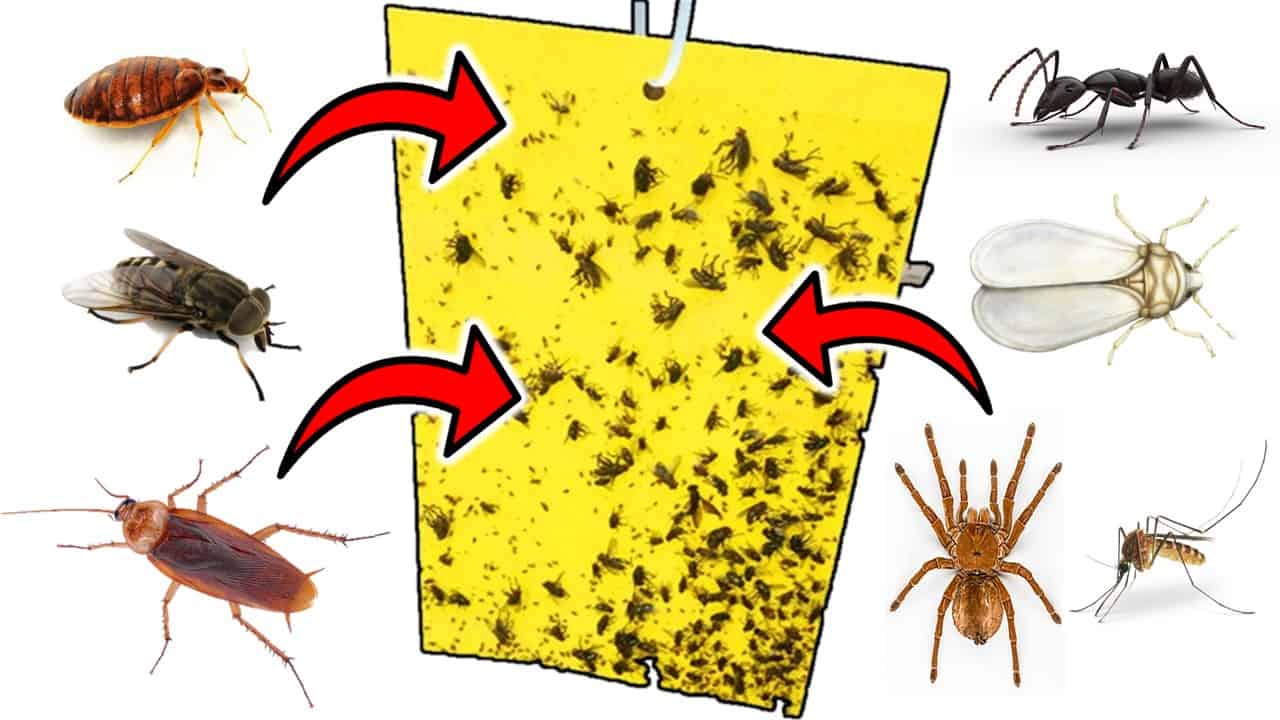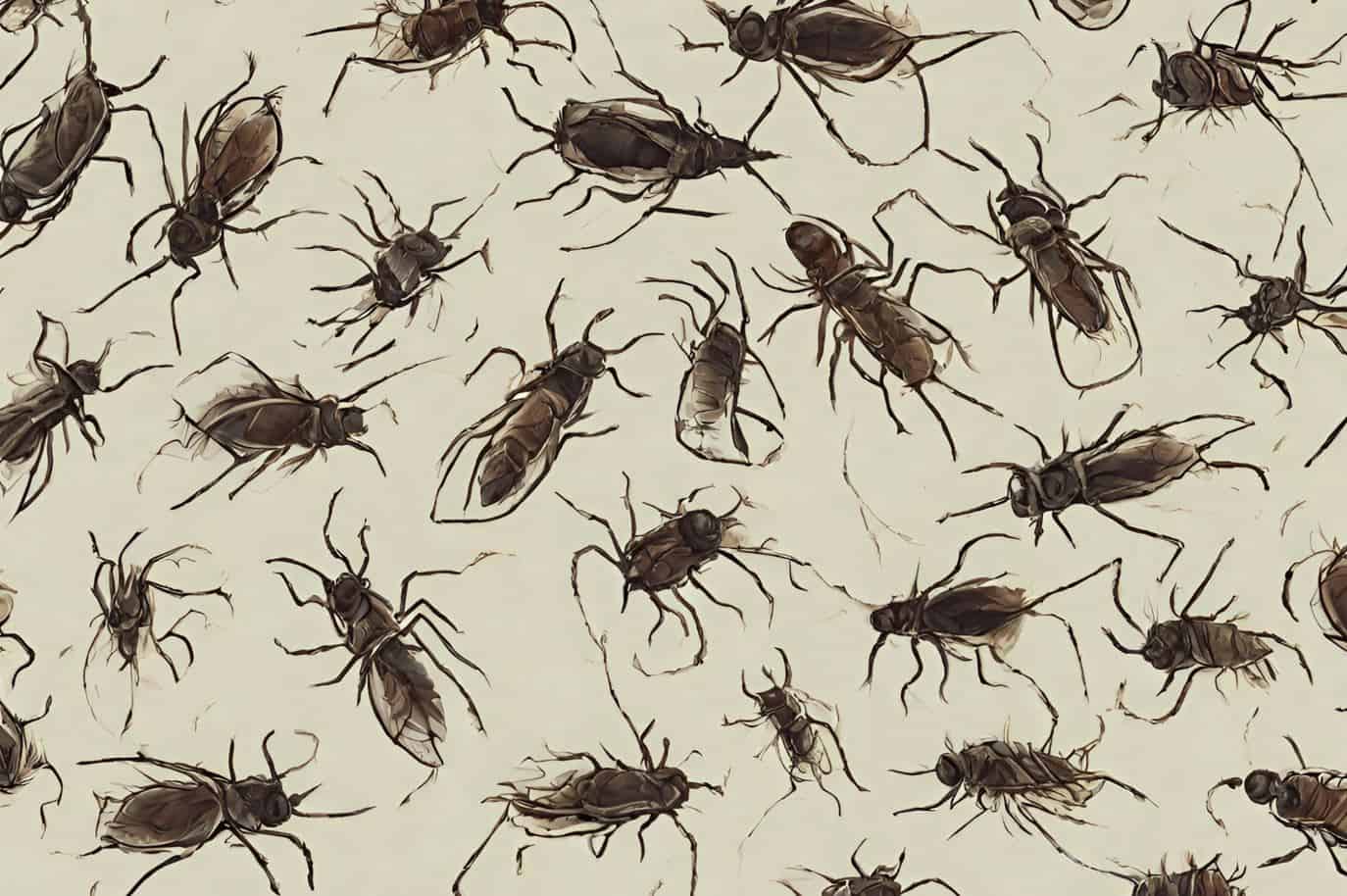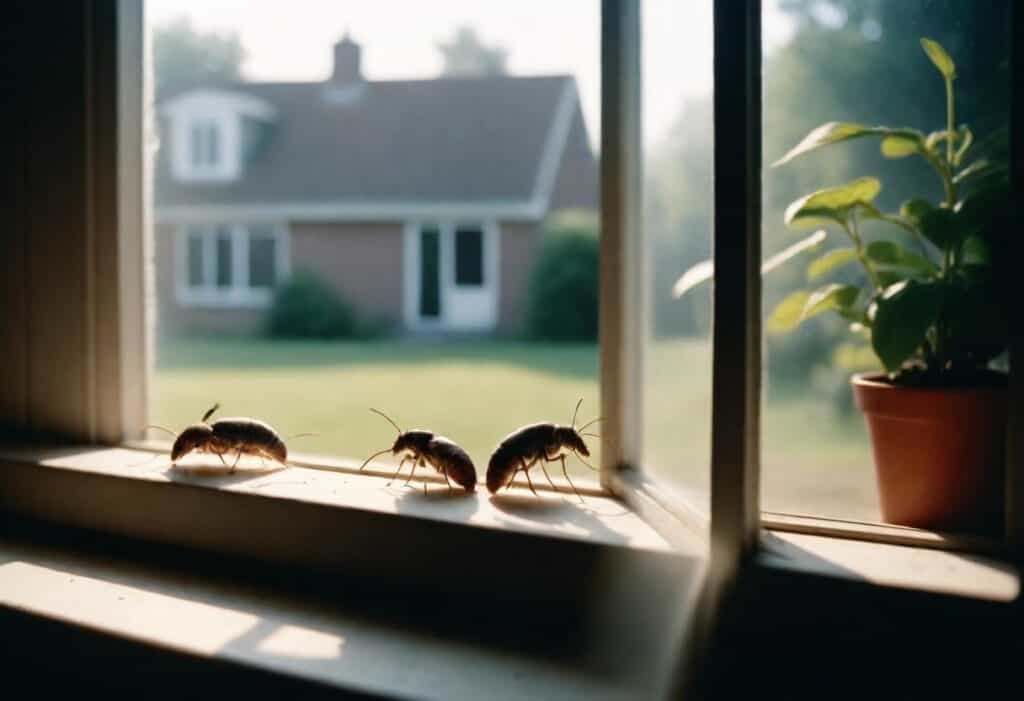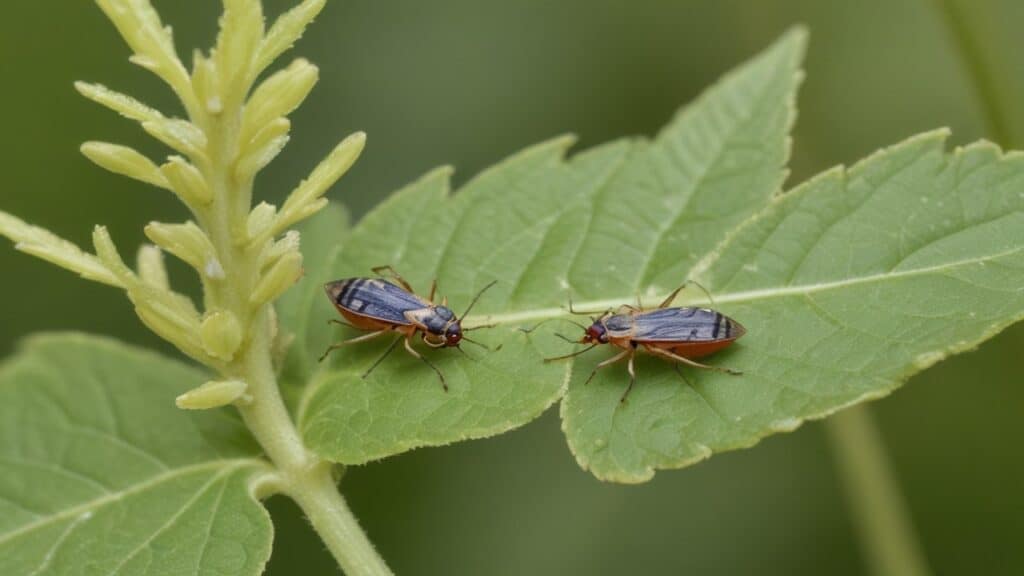Are you fed up with those pesky bugs invading your home?
Are you worried about the potential health risks of using chemical repellents?
If you’re looking for natural solutions that work, then read on! We’ll show you how to exterminate common household pests without harsh chemicals.
From spiders and ants to moths and fleas, we’ll show you how to say goodbye to them for good! Get ready for a pest-free home today. Watch now as we break down the best ways to target those unwanted guests effectively!
Table of Contents
What are Household Bugs?
Household bugs are a common problem that most households face.
These pests can come in different shapes and sizes and can be found almost anywhere in the house, from the kitchen to the bedroom.
Some of the most common household bugs are ants, cockroaches, bedbugs, termites, spiders, and mosquitoes.
These bugs can be annoying as they invade our personal space and pose potential health risks. For example, mosquitoes carry diseases like malaria and dengue fever, while cockroaches can trigger allergies and asthma attacks.
Termites cause significant damage to wooden structures, while bed bugs leave painful bites on human skin.
What are the Natural Ways to Eliminate Common Household Bugs?
1. Ants
Ants are one of the most common household bugs that can be a nuisance.
They are tiny, social insects that live in colonies or nests and can be found almost anywhere in the world. Despite their small size, ants can be resilient pests to eliminate once they invade your home.
A trail of ants marching across your kitchen counter or floor is unsightly and can be frustrating. One effective way to deter ants is by using essential oils such as peppermint or tea tree oil.
Mix a few drops of either of these oils with water and spray the solution around the areas where you have seen ants.
Another natural remedy is vinegar mixed with water, an ant repellent due to its strong smell. Alternatively, sprinkle cinnamon powder near ant-infested areas as it exterminates and sends them packing.
Prevention is vital when getting rid of ants naturally. Keep your home clean and tidy by wiping down surfaces regularly and storing food in sealed containers so that they don’t become a food source for these pests.
These simple natural remedies and preventative measures will help keep your home free from unwanted ant infestations!
2. Bed bugs
Bed bugs are common household pests that can cause discomfort and irritation.
You can find these tiny pests on your bed, couch, or any other place where they can feed on human blood. An effective natural remedy for bed bugs is diatomaceous earth.
This mineral powder dehydrates and kills insects when they come into contact with it. Sprinkle some diatomaceous earth in areas where you’ve seen activities and vacuum the remnants after a few hours.
Another natural remedy is essential oils such as lavender, tea tree, and peppermint oil. These oils have strong scents that repel bed bugs and prevent them from laying eggs.
Apart from these remedies, regular cleaning and decluttering of your home can also help to prevent a bed bug infestation.
Vacuuming frequently and washing bedding in hot water will eliminate bed bugs in your home. You can easily manage a bed bug problem with these measures.
3. Fleas and ticks
Fleas and ticks are household pests that can be challenging to eliminate.
Fleas are small, wingless insects that feed on the blood of mammals, while ticks are arachnids that attach themselves to the skin of animals and humans alike.
These bugs can transmit diseases to their hosts, making it crucial to eliminate them as soon as possible. One natural way to get rid of fleas is by using diatomaceous earth.
It is a fine powder made from fossilized algae that is safe for pets and humans but deadly for fleas. Sprinkle it over your carpets, furniture, and pet bedding and leave it there for a day before vacuuming it.
For ticks, essential oils such as lavender or peppermint can help repel them. Mix a few drops with water in a spray bottle and spritz around your home or on your clothes when going outside.
4. Cockroaches
Cockroaches can be incredibly stubborn to eliminate. These insects are attracted to warm, moist environments, making them a common sight in kitchens and bathrooms.
An excellent method to repel them is using boric acid, a toxic compound for cockroaches. Sprinkle boric acid around areas where cockroaches are likely to gather, such as around garbage cans or under sinks.
Another natural method is the diatomaceous earth. This powder contains microscopic particles that scratch the exoskeletons of insects like cockroaches, causing them to dehydrate and die.
Spread the substance around areas where cockroaches are likely to crawl or hide, such as along baseboards or behind appliances. It will kill and send them packing in no time.
5. Mosquitoes
Mosquitoes are the most annoying household bugs that can ruin a perfect summer evening. One way to repel them is planting mosquito-repelling plants such as lemon balm, marigold, lavender, or peppermint around your home.
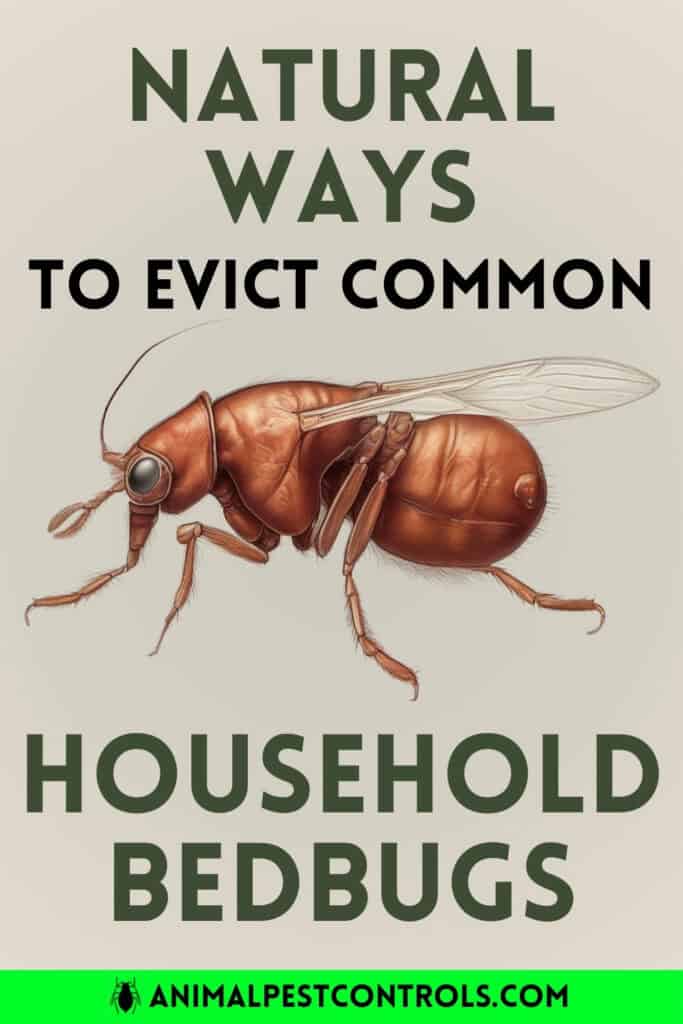
These plants emit scents that naturally repel mosquitoes. Another natural option is to use essential oils like citronella or eucalyptus oil as mosquito repellent.
Mix these oils with water or carrier oil to create a spray you can use in your room or apply on your skin or clothing before heading outdoors.
6. Meal moth
Meal moths, also known as pantry moths or Indian meal moths, are common household pests that can infest your dry goods and pantry items.
These pests can cause significant damage to your food supply and contaminate everything in their path. The good news is there are natural ways to exterminate them.
One effective way to eliminate meal moths is by using pheromone traps. These traps work by attracting the male moth with a sex pheromone, which ultimately leads to their death.
Another natural solution is bay leaves, which contain eucalyptol and other compounds that repel these pesky insects from your pantry.
Finally, proper storage techniques can prevent meal moth infestations altogether. Store all dry goods and grains in airtight containers made with glass or hard plastic.
This storage prevents adult meal moths from laying eggs on the surface of the food item or packaging material, thereby reducing the likelihood of an infestation occurring in the first place.
7. Spiders
Spiders can cause fear and panic for many people. While some species of spiders can be beneficial in controlling other insect populations, others may pose a threat to humans with their venomous bites.
Therefore, it is critical to exterminate them.
One effective way to keep spiders away from your home is by using essential oils like peppermint, tea tree, or lavender oil. These oils have strong scents that spiders find repulsive, making them less likely to enter your home.
You can dilute these oils with water and spray them around window sills, doorways, and any areas where you’ve spotted spiders.
Another way to eliminate spider infestations is using vinegar as a natural spider repellent. Mix equal parts vinegar and water into a spray bottle, then apply it to the areas where you see spider webs or signs of activity.
The scent will deter them from returning or creating new webs in those locations.
8. Termites
Termites are one of the most dreaded pests that can infest a household.
These tiny insects can cause extensive damage to wooden structures in your home, and the cost of repairing this damage can be much.
Fortunately, you can repel them without harsh chemicals that may harm your health or damage the environment.
Orange oil is an effective method for controlling termite infestations. This oil contains d-limonene, which is toxic to termites and helps dissolve their exoskeletons, leading to their demise.
Another natural solution is neem oil, which interferes with termites’ ability to molt and reproduce.
Prevention is vital when it comes to dealing with termites. Some proactive measures include sealing cracks or openings in your home’s foundation and walls.
Ensure proper drainage around your property. This way, water wouldn’t be able to accumulate near your home’s foundation and wood structures.
Lastly, keep firewood stored at least 20 feet from your house, and regularly inspect wood products for signs of termite activity, such as mud tubes or wood damage.
Conclusion
You can rid your home of common household bugs with the help of a few natural remedies and a little elbow grease. From diatomaceous earth to neem oil and everything in between, there is something for everyone to use.
Hopefully, you’re better equipped to combat those creepy crawlers lurking in your home. So don’t let those bugs bug you! Arm yourself with knowledge and take on those pests like a warrior ready for battle.
Good luck – may the odds be ever in your favor!
